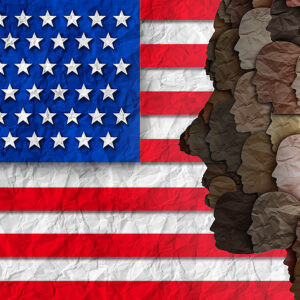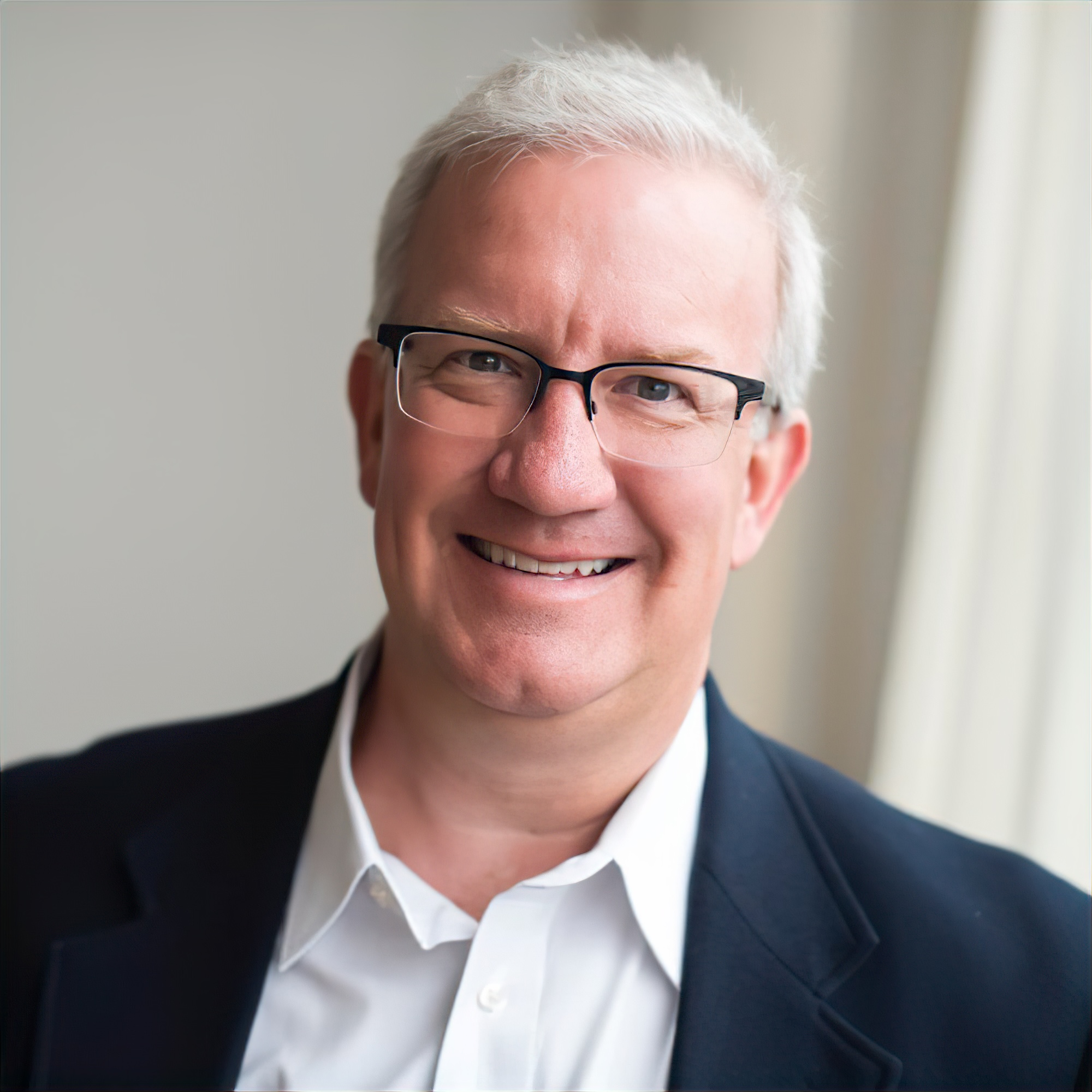This “The Experiment Continues” column is part of a continuing series leading up to the 250th anniversary of the signing of the Declaration of Independence on July 4, 2026. For more information, click here.
Every culture has words and phrases used as insults or put-downs. In our own, few sting quite as much as calling someone “stuck up” or saying they “think they’re better than everyone else.”
That’s because most Americans don’t visualize things that way. We don’t have royalty, a class of people considered better than others. When we stand in line to vote — as many of us will this year — we stand and vote as equals, rich and poor, doctor and dropout, all together.
That’s one of the distinguishing characteristics of our country: “We hold these truths to be self-evident,” the Declaration of Independence proclaims, “that all men are created equal …”

The Rev. Martin Luther King Jr., in his iconic “I Have a Dream” speech, declared the Declaration of Independence a “promissory note” inherited by all people that everyone, Black and White, would be “guaranteed the unalienable rights of life, liberty and the pursuit of happiness.”
Of course, in 1776, as today, it was in part aspirational rather than literal. It nevertheless speaks deeply to one of the core beliefs of Americans. And when our country comes up short, we demand better.
February looms large in America’s struggle to make good on its promissory note — and make things better. President Abraham Lincoln, born on February 12, celebrated his final birthday 11 days after Congress approved the resolution, sending the 13th Amendment outlawing slavery to the states for ratification. He was assassinated two months later. Five years after that, on February 3, 1870, the 15th Amendment was ratified, guaranteeing the right to vote regardless of race, color or previous condition of servitude.
While recent discussions of American egalitarianism have focused mostly on racial equality and the rights of those outside the mainstream of society, America’s founding generation was more concerned about claims of birthright superiority.
This was not an idle fear. Alexander Hamilton, among others, argued that the United States should have an elected king instead of a president, believing that royalty was necessary for the good of society. The idea was soundly rejected.
Indeed, the drafters of the Constitution sufficiently feared the return of a monarchy that they included language prohibiting the federal government and the states from granting titles of nobility.
The idea of some individuals being “better than” others just because they were born into the “right” family or have more prestigious jobs is anathema to most Americans. We don’t judge people that way.
I’ve spent long periods of my life in Europe and around Europeans. One of the things that always astounds me is the importance of rank there. In the United States, I rarely call myself “Dr. Fransen,” despite having a doctorate. We typically refer only to physicians as “doctor.”
In Europe, academics are addressed with their full range of titles: I have a friend who was always called “Mr. Professor Dr. Dr. so-and-so.” He was a university professor with a medical degree and a Ph.D.; he expected to be addressed with all three honorifics.
As an American, I’m less perplexed at why Europeans want to be addressed with titles than why those of “lower” ranks not only tolerate it but insist upon it — taking pride in their “betters.” They appear to enjoy being commoners in a world of royals.
Consider something familiar: driving on a highway in which a lane is closed and traffic merges from two lanes to one. Inevitably, someone who “thinks they’re better than everyone else” will try to cut to the front of the line and, soon enough, someone else will block the open lane — not to get ahead, but to send a message to those who think they’re entitled to special privileges.
In Brussels, where I lived for several years, the opposite would happen: Expensive cars would routinely cut to the front of the line, and other drivers would let them! Happily.
Our self-anointed “elites” are just as eager to crown themselves with special privileges as elites elsewhere. We just don’t let them. It’s un-American.


